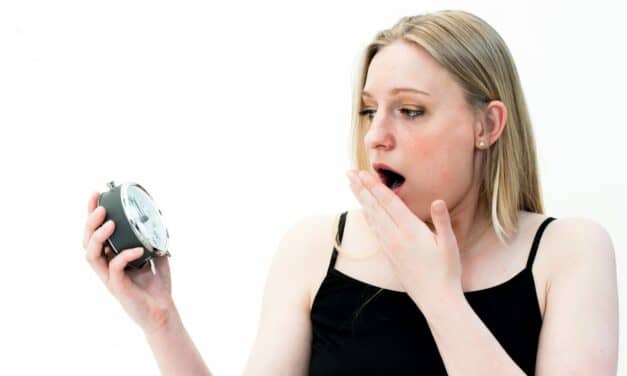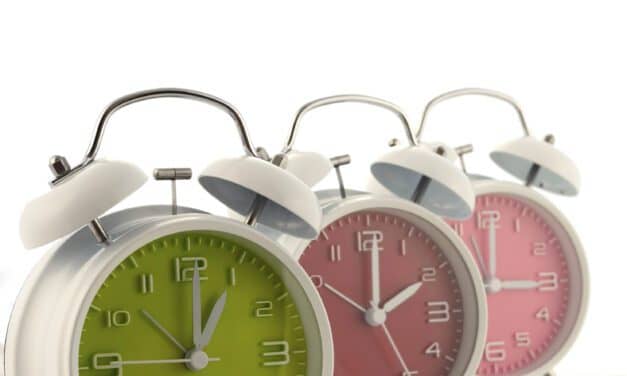3 Self-Care Tips for Caregivers to Cope with Alzheimer’s Sundowning
A clinical psychologist offers strategies for caregivers to maintain their mental and physical health while managing the unique challenges of Sundown Syndrome in Alzheimer's patients.

























